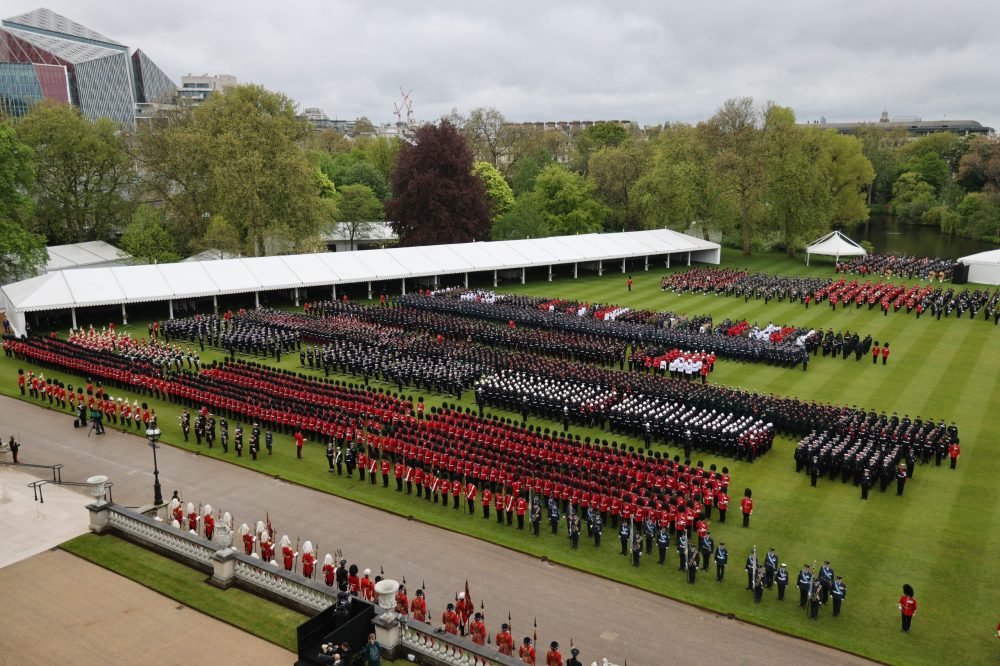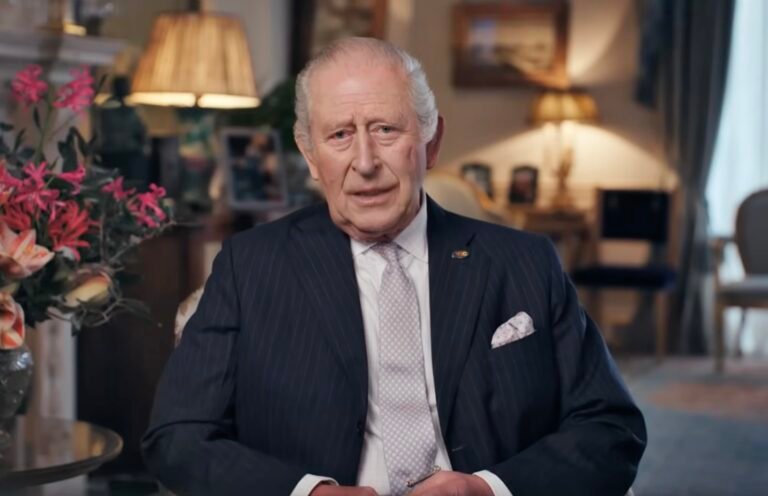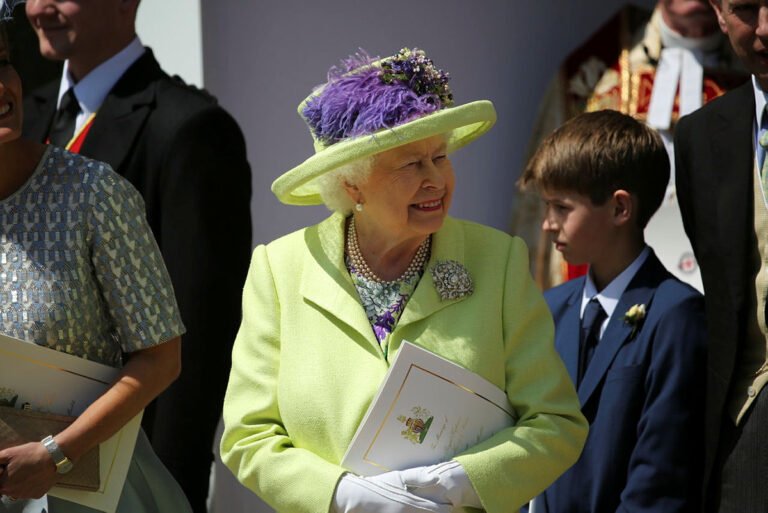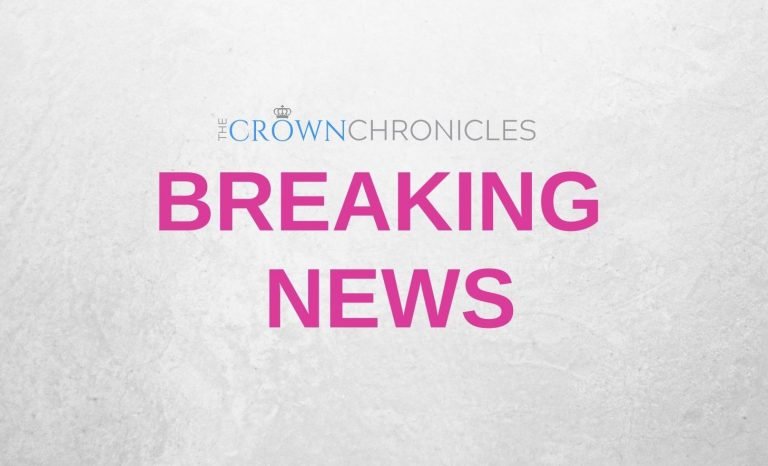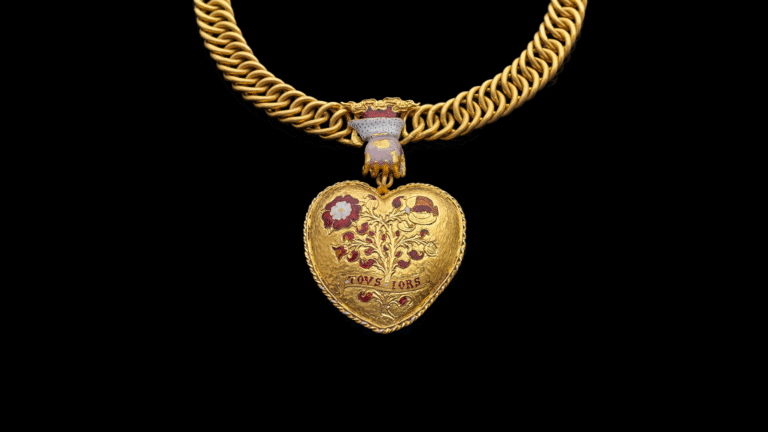Following the Coronation of King Charles III and Queen Camilla, His Majesty has expressed his his gratitude to the Armed Forces for their ‘exceptional contribution’ to the day.
More than 6,000 members of the Armed Forces participated in the coronation, becoming the largest military ceremonial operation for 70 years. Following the service at Westminster Abbey, personnel who took part in the processions gave a royal salute to the newly-crowned King and Queen in the gardens of Buckingham Palace.

King Charles said he ‘was deeply impressed by the faultless precision of the servicemen and women who took part in the processions and by the exemplary bearing of those lining the route’.
‘The contribution of so many military bands added to the unforgettable highlights of this memorable day and provided the most wonderful musical accomplishment for all those watching and listening,’ he wrote in a statement. The King is known to be deeply passionate about music in particular.
‘I also particularly appreciated the involvement of Armed Forces personnel from across the Commonwealth, and from British Overseas Territories.’

As Head of the Armed Forces, Charles reflected on presenting new Colours and Standards to the Royal Navy, Royal Air Force and units of the British Army, which he recently did so with ‘extraordinary pride’ and saw the same dedication and effort from the soldiers during the ‘truly memorable’ coronation weekend.
He added how he was ‘also anxious for those working in support to know that their contribution is recognised, as well as being extremely grateful to the many people, military and civilian, who worked with such diligence behind the scenes over many weeks to ensure the success of this occasion’.

The King noted how he and his wife were ‘conscious that this splendid effort took place in addition to your normal duties at home and overseas, and your ceaseless striving to keep the nation safe’ and that they are both ‘enormously proud’ of all the Armed Forces.
The letter was signed: Charles R.
King Charles III has long-standing history with the Armed Forces, having trained as a pilot and received flying lessons from the RAF during his second year at Cambridge.
Following in the footsteps of his father, grandfather and both his great-grandfathers, he embarked on a naval career, where he undertook a six-week course at the Royal Naval College, Dartmouth. This was followed by service on the guided missile destroyer HMS Norfolk and two frigates. The Prince qualified as a helicopter pilot in 1974 and went on to take command of the coastal minehunter HMS Bronington for his last nine months in the Navy in 1976.
He was made Colonel in Chief of the Parachute Regiment in 1977, but insisted he undertake the same training as the men and women of the group, joining a Parachute Training Course at RAF Brize Norton in 1978.

